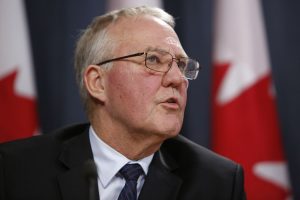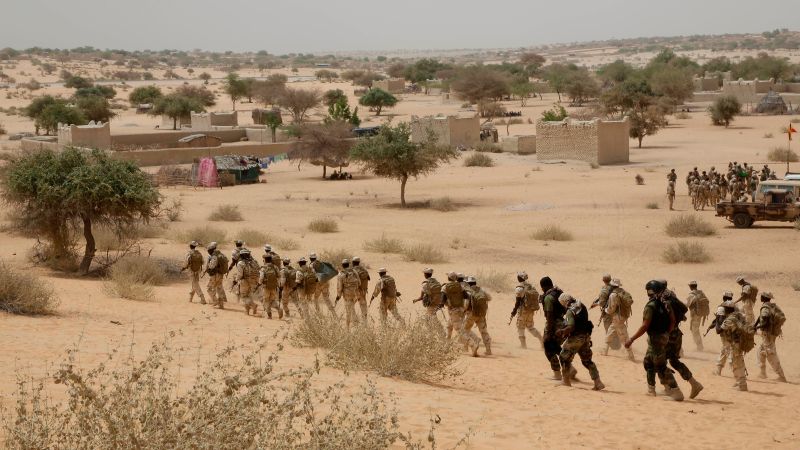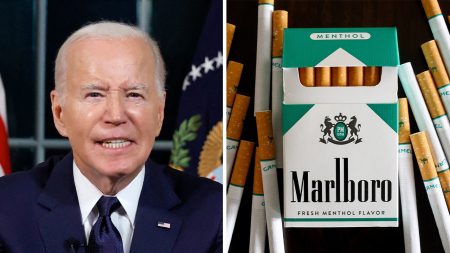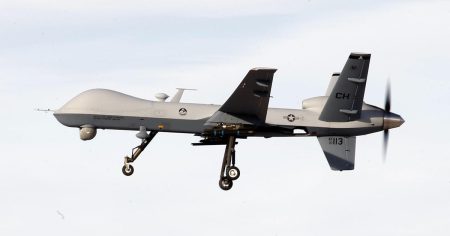The US risks losing its military presence in Chad as the government threatened to cancel the Status of Forces Agreement (SOFA), which dictates the rules for US military personnel in the country. The letter, sent by the Chief of Air Staff of Chad, mentioned the US Special Operations Task Force at the French base in N’Djamena, where all US service members in Chad are located. The letter was not sent through official diplomatic channels, raising concerns about the motivations behind the threat.
The move by Chad to potentially terminate the SOFA agreement comes after neighboring Niger also ended its agreement with the US military. The US officials are worried about losing a critical security foothold in Africa, particularly in the face of increased Russian influence in the region. US officials are wary of Russia’s expanding presence across the continent and are concerned about losing strategic access in countries like Chad and Niger.
In Niger, a whistleblower complaint accused the US ambassador and defense attache of suppressing intelligence and maintaining a false relationship with the country. The complaint highlighted the difficulties facing the approximately 1,100 US troops in Niger, who face challenges due to denied diplomatic clearances and extended deployments. US Africa Command is working closely with the State Department to address these challenges and ensure support for deployed forces.
The whistleblower complaint in Niger coincided with reports of Russia delivering military equipment, including air defense systems, to the country. US officials have raised concerns about Russia’s efforts to expand its influence in Central Africa and the Sahel region. General Langley of US Africa Command warned that several countries are at risk of falling under Russian influence, putting NATO’s southern flank at risk.
During a visit to Chad earlier in the year, General Langley emphasized the importance of building enduring partnerships with African nations, including Chad. US officials are working to navigate the complex geopolitical landscape in Africa, balancing developmental assistance needs against risks to national sovereignty. The situation in Chad and neighboring countries remains critical as US officials strive to maintain access and influence in the region amidst growing Russian presence.
















